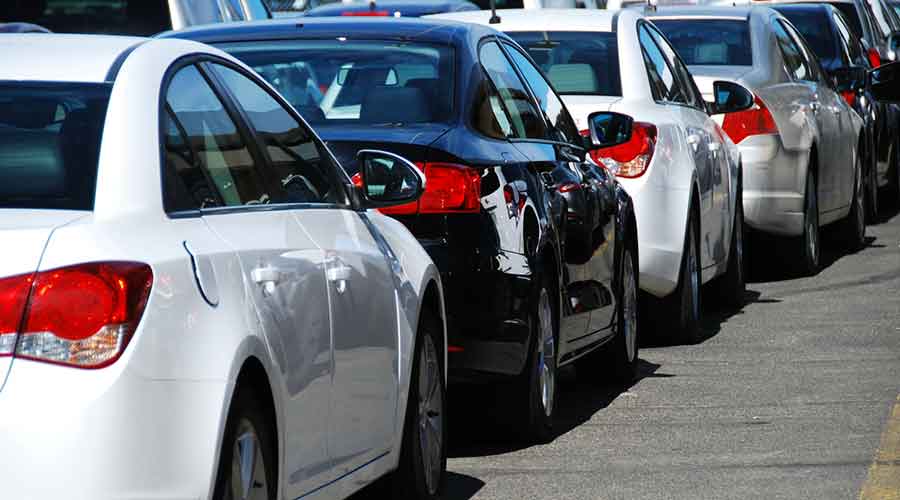The state government has decided to link all payments that owners of commercial vehicles have to make so that if one payment is due, the next cannot be made.
The immediate trigger: the government has observed that an increasing number of owners of commercial vehicles are not subjecting their vehicles to the mandatory fitness test.
Apart from road tax, the owner of a commercial vehicle has to compulsorily pay for insurance and fitness and pollution-under-control certificates.
Between 2020-21 and 2022-23 financial years, the amount pending from fitness test charges and subsequent fines increased from Rs 16.71 crore to about Rs 43 crore.
The state information technology department has developed a model to integrate all payment components and sync them under one head on the dashboard of Vahan, the national database for all registered vehicles in the country.
“The concept of tagging the components, so that users can’t get away by keeping any component pending, has been principally agreed upon after many vehicles involved in accidents were found to be operational without a valid fitness certificate,” said an official in the IT department.
“Once this system gets functional, owners of commercial vehicles can’t skip the fitness tests and pay, say, only the pollution test fee.”
In the current system, the transport department has a mechanism wherein the road tax is linked with the fitness test. But the two other payment components — pollution and insurance — aren’t.
Officials in the department said there are many commercial vehicles whose owners may have paid the insurance and pollution fees, but not the other two — road tax and fitness test fee.
Over 2,000 buses plying in and around Kolkata do not have fitness certificates, making them unfit for roads, according to records with the regional transport offices.
The list — drawn by four regional transport offices (Behala, Kasba, Beltala and Salt Lake) — also says that 6,776 taxis and 2,578 autos are plying without a valid fitness certificate.
“The list of fitness-certificate defaulters keeps increasing every year. In 2020-21, the outstanding dues from fitness tests were Rs 16.71 crore. It shot up to Rs 22 crore the next financial year. Till March 31, the amount stood at Rs 43 crore,” said a transport department official.
“The outstanding figures suggest that an increasing number of commercial vehicle owners are not taking the test.”
The fee for taking a fitness test for buses is Rs 840.
The amount is not too steep, owners admit. But several of them said there were other expenses, too, in getting a vehicle ready for the fitness test. The bus has to be painted and its engine and brake oil may need to be replaced.
“The cumulative cost may vary between Rs 15,000 and Rs 20,000. That’s too high for most private bus owners,” Pradip Narayan Bose, secretary of the West Bengal Bus Minibus Owners’ Association, said.
There is another deterrent.
In February last year, the state government had increased the fine for a clutch of violations. The fine for a vehicle plying without a fitness certificate was doubled from Rs 5,000 to Rs 10,000.
“A failure to clear fitness test invites a fine of Rs 50 per day. The fine for plying without a certificate has been doubled. So many bus owners have decided to stop plying, instead of clearing the dues,” said Avik Das, a private bus owner.
